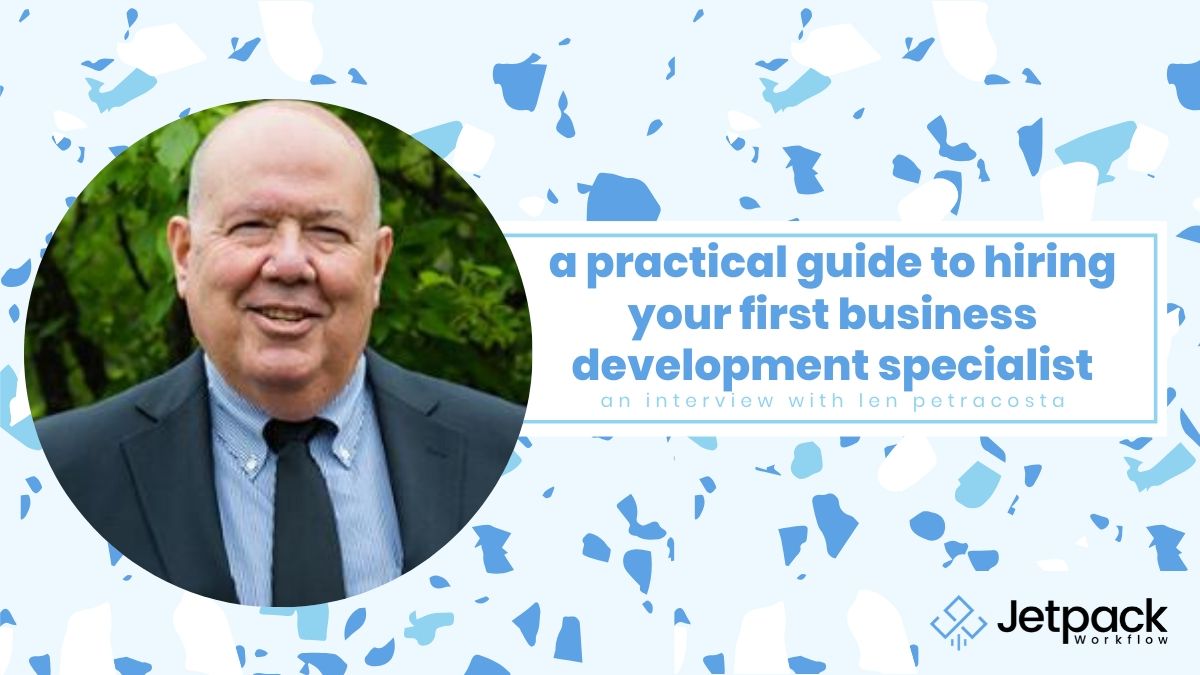Paid Advertising the Smart Way

Many accounting firms rely on referrals to get new clients and are skittish about paying for advertising. Too many throw money at sites like Google and Facebook, seeing very little in return because the tools are improperly used.
Our guest this week on Grow Your Firm is Tyler Clark. He’s the founder of ADcountants, which may be the only advertising firm that focuses solely on the accounting, bookkeeping, and tax industries. In addition to agency work, his company also provides coaching and training for firm owners on how to do digital marketing in a way that brings in positive ROI.
He shares some important concepts to know if you want to dip your toes into paid advertising. Be sure to check out his Facebook group in the resources section.
Summary
- Tyler’s past history with both running and advertising for accounting firms
- Why digital marketing can be boiled down to creating more clicks, calls, and clients
- How to understand ad spending results to ensure a good ROI
- Why you have to go national if you niche down
- Why your first choice of paid advertising should be LinkedIn’s Sales Navigator
- Why you must research before you spend money on a platform.
Resources
- ADcountants website: https://www.adcountants.com/
- Tyler’s LinkedIn: https://www.linkedin.com/in/tyler-s-clark
- The Proactive Accountants: https://www.facebook.com/groups/TheProactiveAccountants/
- Tyler’s recommended tool for PPC research – SpyFu: https://www.spyfu.com/
Before You Spend, Know The Field
Tyler is one of the few people who have experience on both the agency side and the firm side of digital marketing. He started in his father’s marketing agency that focused on accountants and CPAs. His experience there led him to convince his father and a family friend who was an accountant to start their own firm using the sales principles they were already using.
They were able to add six figures to the firm two years in a row using their principles, but then the family friend died suddenly at the start of their third year. 60 days later, they sold the firm. Since then, Tyler went on to take what he’s learned from these experiences and create his current company ADcountants.
Here are some of the concepts he teaches as part of his coaching services:
The Three C’s
Firm owners who aren’t knowledgeable about sales and marketing are often confused when they try to learn about it. Tyler boils it all down to the three C’s that firms need to focus on. To grow your business with digital marketing, you need to generate as many clicks as you can, as many calls as you can, and as many clients as you can. If you focus on just these three areas and how you move leads through that process, you’re in good shape.
Reasonable Expectations When Spending
Here’s how this translates to spending. PPC advertising is all about the clicks (and sometimes the calls) part of the process. Let’s say you want to attract a $300/month client. Tyler says you should expect to spend $300 for an opportunity to speak with that person.
PPC spending does not guarantee clients; it just gets them on the phone with you. If you close one out of every three leads, you’re spending $900/month to get your $300/month client.
Then you have to look at the yearly value of that client. That client will be worth at least $3600/year from the retainer alone, plus your extra fees for other services, referrals they might bring in, and how much that client would be worth should you choose to sell the firm.
Tyler says that the costs for PPC results scale pretty closely in this space. If you want a $1000/month client, you’ll probably have to spend $1000/month to target that level of client, which brings us to the next point.
Targeting The Right Clients
The more you know the kind of client you want and how to target them, the more successful you will be with digital marketing. The simplest way to escape the “accounting is a commodity” mindset is to be extremely specific in a sea of generalists.
There are two paths to do this. If you want to limit yourself to a region, you can have a more general clientele and target your advertising to that region. However, if you start to niche down to a more specific client type then you have to expand your advertising to a national level. That gives your ads the traffic necessary to justify the ad spending.
This is a bit of a balancing act, but if you do your market research beforehand it will help you decide how to advertise so you can get the most bang for your buck. If you plan to hire an agency to help with your marketing, do not choose one who follows a cookie-cutter approach.
Start With LinkedIn
Tyler recommends a specific kind of LinkedIn marketing to jumpstart your digital marketing. LinkedIn is the perfect choice for accounting firms because most of their leads will be B2B and LinkedIn is built for B2B connections.
However, he does not recommend paying for post exposure. The amount of spend needed to make that work is too high for most firms. Instead, start by making a high-quality and professional-looking LinkedIn profile. Then, spend the money to use LinkedIn’s Sales Navigator.
This tool lets you put in information about your ideal client and then it delivers you a list of people on the platform that match that profile. Once you have that, someone on your team needs to engage with the profiles and content to start building relationships with these people. If you can manage to get them to connect with you, they’ll see your profile and see how relevant your business is to theirs.
However, if your main clientele isn’t using the LinkedIn platform you will have to find that out first and then develop a strategy for that platform.
We want to thank Tyler Clark for his time and wisdom. Check out his Facebook group which has a course on how to DIY digital marketing for your firm.







